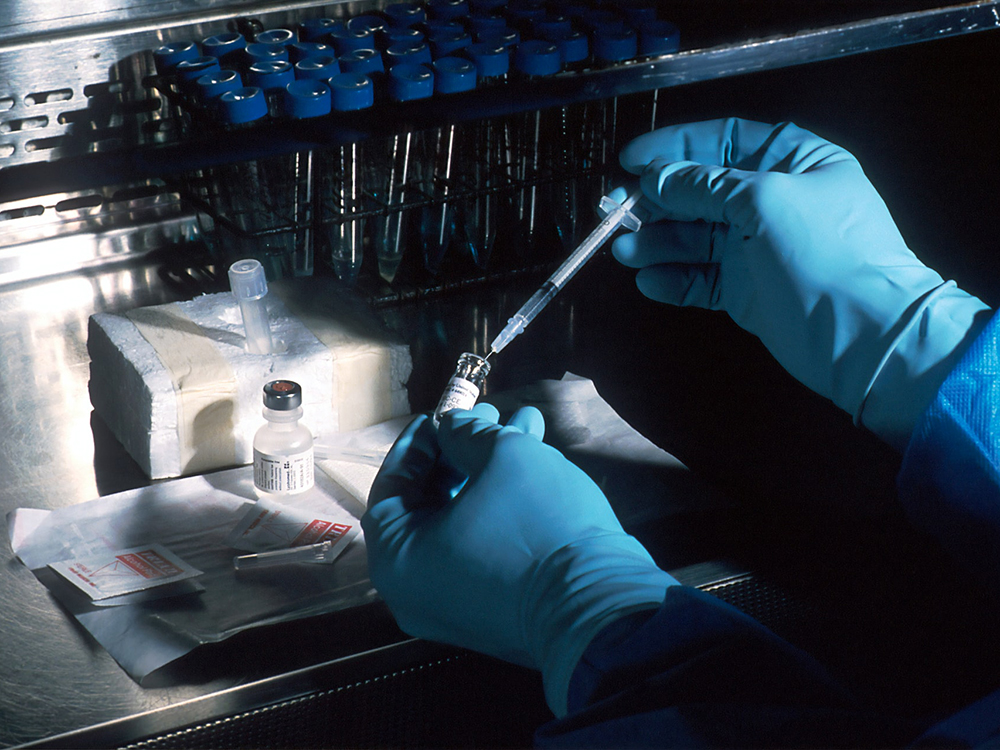
In addition to UT’s role in developing the COVID-19 vaccine, our researchers are also developing vaccines to prevent infection from a range of infectious diseases.
Pertussis (Whooping Cough) – Pertussis claims the lives of ~200,000 infants annually worldwide. To develop improved vaccines and therapeutics, UT is working to understand how this organism causes disease to identify new vaccine antigens.
Learn more
Crimean-Congo Hemorrhagic Fever Virus (CCHFV) – CCHFV causes a life-threatening tick-borne disease in humans with a fatality rate of 10–40%. CCHFV outbreaks have spanned wide geographic areas and are expected to expand with increasing global temperatures, making CCHFV an acute threat to public health. UT researchers are engineering vaccine antigens based on the structural information of the virus.
Learn more
Influenza – In partnership with the Mayo Foundation, UT researchers are understanding heterogeneity in influenza vaccine responses and the effects of prior exposures through infection and vaccination. UT is also part of the Collaborative Influenza Vaccine Innovation Centers (CIVICs) led by Duke University and funded by NIAID.
Learn more
Malaria – UT is part of a five-year, $27 million partnership with PATH, USAID, and other institutions to develop a next-generation malaria vaccine. The project, which began in 2020, focuses on identifying and advancing vaccines with the greatest potential to benefit those at highest risk of disease and death from malaria.
Learn more
Norovirus – Noroviruses are the leading cause of foodborne illness. UT is part of a University of North Carolina, Chapel Hill–led NIH project to inform the development of broadly effective HuNoV vaccines that target highly prevalent, medically important genogroup II strains.
Learn more
Human Metapneumovirus (hMPV) and Human Cytomegalovirus (HCMV) – HCMV causes lifelong infection in affected patients, and hMPV causes respiratory illness in children, older adults and people with weakened immune systems. UT researchers are engineering the hMPV fusion protein to increase its stability and usefulness in vaccines. For HCMV, the team is uncovering how HCMV infects host cells and how antibodies neutralize the virus to aid in the development of new vaccines or therapeutics.
Learn More

